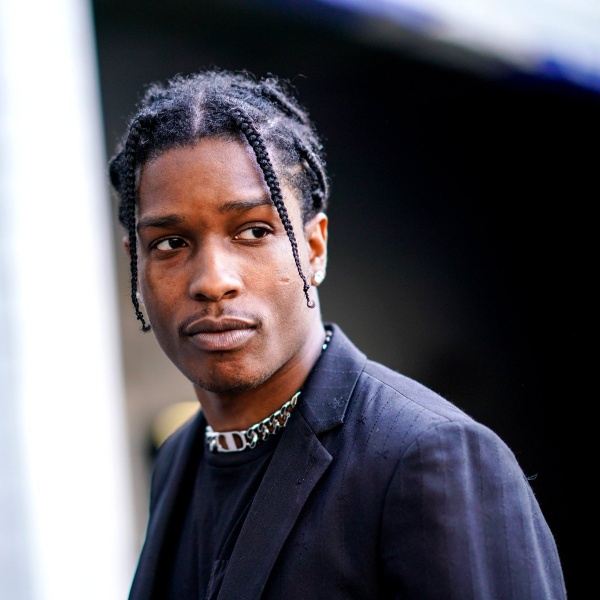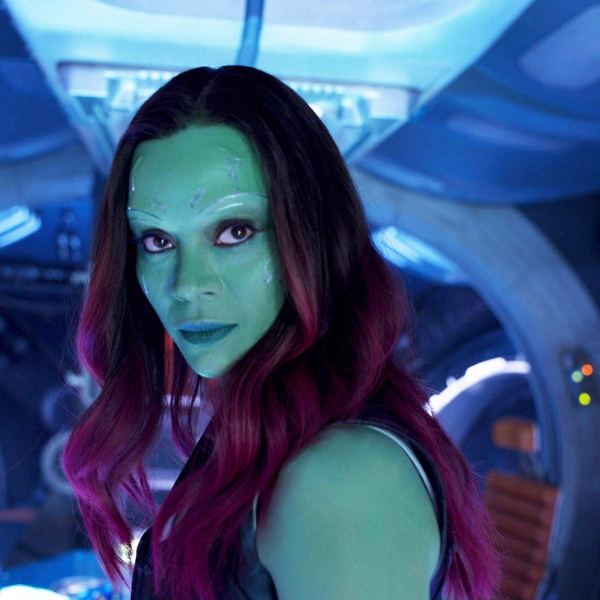There’s a great irony at the heart of Errol Morris’ “The Pigeon Tunnel,” a biographical documentary as compellingly elusive as you might expect of a film about the late spy novelist John le Carré: Shot in the fall of 2019 and conceived as a definitive exit interview for its 88-year-old subject (who would die the following December), “The Pigeon Tunnel” is surprisingly candid and confessional for a portrait of a world famous author who will only be remembered by his pen name, but it’s also a lucid crystallization of the same impenetrability and self-deception that defined so many of his books.
That irony isn’t a byproduct of the film, but rather its primary subject, and le Carré — born David John Moore Cornwall — merely the conduit through which it’s expressed.
“There’s no center to a human being,” le Carré declares in the midst of a career-spanning chat that’s framed like an interrogation (and riddled with pre-written lines that he lifts verbatim from his 2016 memoir, also called “The Pigeon Tunnel”), and Morris — whose own work has similarly relied upon artifice and deceit in order to express the truth and/or affirm its unknowability — is more than happy to back the author up on that point. Indeed, le Carré and Morris see things so eye-to-eye that it often feels as if they’re sitting right across from each other, as opposed to being separated by the filmmaker’s signature Interrotron.
One of the first things le Carré says is that being interviewed is a performance art, and that icebreaker makes Morris so giddy that you can practically see his smile in the sound of his voice. Which brings us to the first deception in a film that’s brimming with them from the start. “The Pigeon Tunnel” starts by examining the difference between an interview and an interrogation, but establishing that as an either/or question disguises the actual nature of Morris and le Carré’s relationship: they’re co-conspirators.
This isn’t a hard-hitting exposé so much as a glorified audiobook, one made by a man who understood le Carré’s memoir as the ultimate smokescreen at the end of a fiction career that had already betrayed the author’s most intimate truths, sprinkling them across 100,000 pages like the shards of a broken mirror.
Much like its source material, “The Pigeon Tunnel” highlights the biographical facts of le Carré’s life — with a special emphasis on his charismatic fraud of a father, and the childhood le Carré spent in his thrall — as a way of telling us to look elsewhere for the essence of who he really was. And much like its source material, Morris’ film refuses to frame that search as if it might lead to a shocking revelation that makes sense of everything. There is no center to a human being. There is no innermost room inside of our souls (an argument that Morris hammers home with the goofiest and most literal of the many re-creations he uses here).
Similar to his novels, le Carré’s life had its share of secrets (the fact that he worked for MI5 and MI6 before pivoting to literature wasn’t really one of them), and similar to his novels, le Carré’s most harrowing plot twists weren’t predicated upon bombshell revelations so much as they were silent moments of self-discovery (“Tailor Tinker Soldier Spy” comes to mind).
To that end, le Carré wrote because it was the best way to learn about himself. Why did he become a spy? To experience “the joy of self-imposed schizophrenia” — to indulge in the desire for reinvention instead of surrendering to the story imposed upon him. Why did he become a writer? To find out why he became a spy. Why did he call his autobiography “The Pigeon Tunnel”? Because he’s never forgotten what he saw during a childhood visit to Monte Carlo with his dad, where birds would be released through a dark corridor and set free into the air by the hunters using them for target practice, only for the surviving pigeons to reject the endless possibility of the open sky and return back to the same trap they had just escaped.
Self-invention is the greatest of all human gifts, and yet we can’t help but betray ourselves at every turn. No wonder Le Carré used “The Pigeon Tunnel” as a working title for almost every one of his novels. He had no way of knowing whether his mother kissed her sleeping children on the head before she left their family in the middle of the night, but the fact that Le Carré couldn’t tell the story of her departure without fixating on that image reveals so much about the sting of his abandonment. “I’m an exquisite poet of self-hatred,” the author confesses to Morris at one point. It’s no secret how he learned that.
Morris styles the movie to feel like a rich spy thriller unto itself. He shoots the interview footage from a variety of dutch angles, organizes his well-furnished re-creations like the pieces of a puzzle that’s impossible to complete, and glazes the whole thing with an extra layer of intrigue thanks to Philip Glass and Paul Leonard-Morgan’s probing score, which sounds like a mahogany smoking den full of dark secrets. These choices provide an effective backdrop for le Carré to reflect on his class-imposed status as an outsider at boarding school, or to exhume his anger for notorious double agent Kim Philby, or to dodge any questions about the more recent chapters of his personal life. But they also border on the obvious to a degree that quickly becomes oppressive, and might threaten to suffocate this film to death if not for how Morris’ superficial affectations strengthen le Carré’s impenetrability in the guise of piercing through it.
At the end of the day, however, Morris’ presence alone proves more important than anything else he does with this material, as the simple process of bouncing le Carré’s self-deceptions off a third party — of interrupting the book’s direct path from the author to his audience — allows le Carré to become as lost in the house of mirrors he’s created as we are.
Even Morris’ tendency of repeating what his interviewees say (“it’s the soundtrack of Chipotle!?”) is enough to create a small crack of distance between le Carré’s words and their meaning; between what he knows about himself, and what he’s simply tried to surmise along the way. “I don’t think we really can penetrate people,” he says, “but you can relate to them, and then sometimes say: ‘Jesus, I hope that isn’t me.’” Watching “The Pigeon Tunnel,” it’s easy to imagine David Cornwall once thinking the very same thing.
Grade: B
“The Pigeon Tunnel” will be available to stream on Apple TV+ starting Friday, October 20.



